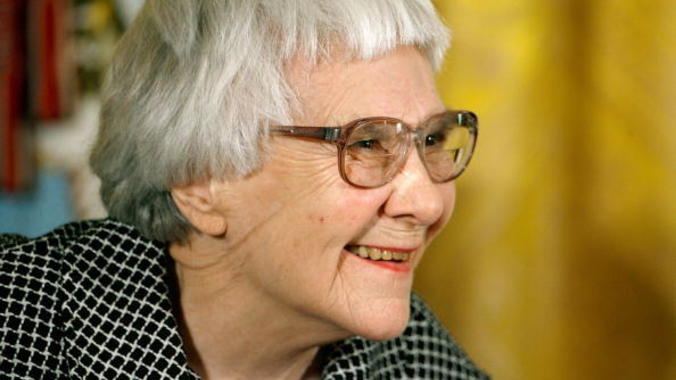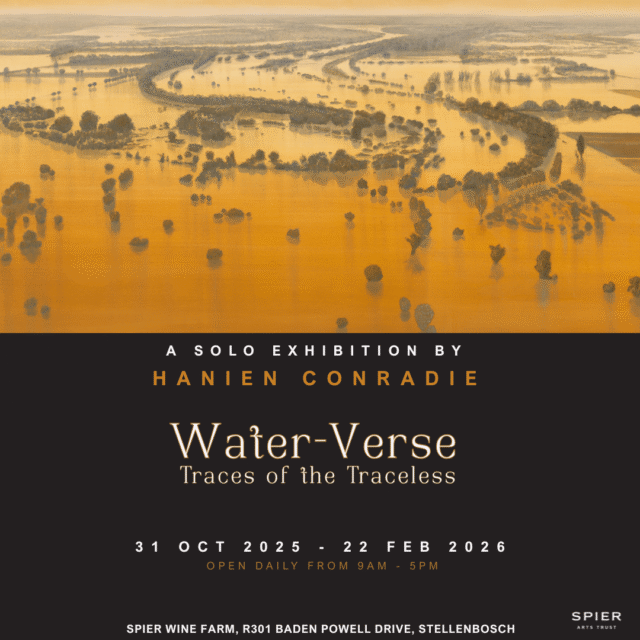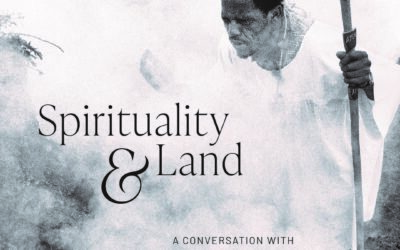The response to Harper Lee’s Go Set a Watchman has confirmed all the writer’s fears about following up her classic novel To Kill a Mockingbird, writes Hadley Freeman.
For just over half a century, Nelle Harper Lee has been the great mystery of the literary world – not so much a “what if” as a “why?” Why would a woman who had written such an extraordinary debut novel never write another book? Why would such a beloved author throw down her shutters against all publicity, all fans, all demands on her time? Why?
The most likely answer was given by her older sister, Alice, who told documentary filmmaker Mary McDonagh Murphy that Lee had long ago simply said, “I haven’t anywhere to go, but down.”
The first chapter of Go Set a Watchman was published at the weekend in the Guardian, 55 years to the day after To Kill a Mockingbird, and embargos have already been broken by reviewers releasing their verdicts before the book’s publication on Tuesday. And lo, the public and critical reaction has firmly vindicated Lee’s decision long ago to reject the outside world and put down her pen.
Lee wrote Go Set a Watchman before To Kill a Mockingbird and it was rejected by her publisher. She spent two years reworking the book, setting it two decades earlier and changing the narrator, which turned it into the novel so beloved today. So despite the chronology, Watchman is not the sequel to Mockingbird – it is a first draft.
And yet, in reviews it has been compared unfavourably to its follow-up, as though it were somehow a surprise that an unedited (Lee reportedly told her editor she wanted Watchman released as it was written), rejected first draft should be inferior to one that was published and became a classic. “Lacks the lyricism of Mockingbird,” Michiko Kakutani wrote in the New York Times; “less likeable,” Mark Lawson wrote in the Guardian.
The comparisons with Mockingbird, which Lee allegedly feared so much she never wrote again, have been as predictable as they are inevitable. But they are not, despite what reviewers seem to think, requisite or revealing.
For full article by Hadley Freeman see Mail & Guardian






